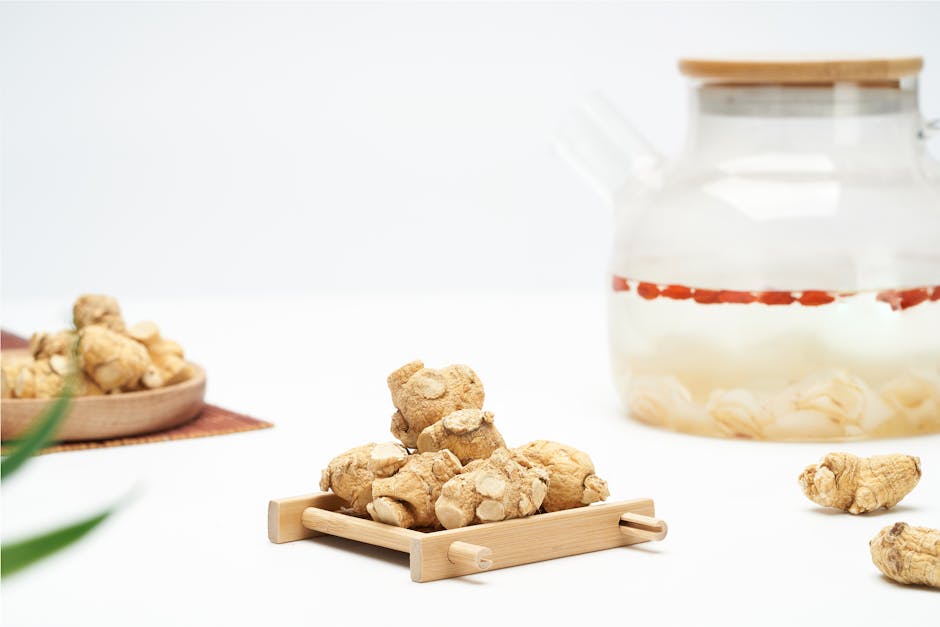Maintaining robust health hinges significantly on a robust immune system. While a complex network of cells and processes underpins immune function, several accessible lifestyle choices can significantly bolster our natural defenses. These strategies aren’t about quick fixes; rather, they represent sustained commitments to healthier living that cumulatively contribute to enhanced immune resilience.
Prioritizing Sleep: The Foundation of Immunity
Insufficient sleep profoundly impacts immune function. During sleep, the body releases cytokines, proteins that act as messengers between cells and are crucial for fighting infection and inflammation. Sleep deprivation reduces cytokine production, leaving the body less equipped to combat pathogens. Aim for 7-9 hours of quality sleep nightly. Establish a consistent sleep schedule, optimize your sleep environment for darkness and quiet, and consider mindfulness techniques or relaxation exercises to improve sleep quality. Addressing underlying sleep disorders through consultation with a healthcare professional is also crucial for sustained improvement.
Nutrition: Fueling Immune Cells
A balanced diet provides the building blocks for a strong immune system. Fruits and vegetables, rich in vitamins, minerals, and antioxidants, are essential. Vitamin C, for instance, is a powerful antioxidant that supports immune cell function. Vitamin D plays a crucial role in regulating immune responses, and deficiencies have been linked to increased susceptibility to infections. Zinc is vital for immune cell development and function. Similarly, adequate protein intake is necessary for antibody production. Incorporating a diverse range of colorful fruits and vegetables, lean proteins, and whole grains into your daily diet ensures a comprehensive intake of these vital nutrients. Consult a registered dietitian or nutritionist for personalized dietary guidance, particularly if you have specific dietary needs or concerns.
The Importance of Regular Physical Activity
Physical activity is not merely beneficial for weight management; it significantly enhances immune function. Moderate-intensity exercise, such as brisk walking, cycling, or swimming, boosts circulation, facilitating the efficient movement of immune cells throughout the body. This improved circulation allows immune cells to quickly reach sites of infection or inflammation, accelerating the body’s response to threats. Regular exercise also contributes to reduced stress levels, a significant factor impacting immune health. However, excessive exercise can paradoxically suppress the immune system, emphasizing the importance of finding a balance that suits individual fitness levels and goals. Consulting a healthcare professional before starting any new exercise regime is advisable, especially for individuals with underlying health conditions.
Stress Management: A Cornerstone of Well-being
Chronic stress weakens the immune system. Stress hormones, such as cortisol, suppress immune cell activity, leaving the body more vulnerable to infections. Effective stress management techniques are therefore essential for immune health. Mindfulness practices like meditation and yoga have been shown to reduce cortisol levels and enhance immune function. Other stress-reducing strategies include regular physical activity, spending time in nature, pursuing hobbies, and building strong social connections. If stress significantly impacts your well-being, consider seeking professional support from a therapist or counselor to develop coping mechanisms and address underlying issues.
Hydration: The Often-Overlooked Essential
Adequate hydration is fundamental for overall health and immune function. Water is vital for transporting nutrients and immune cells throughout the body, facilitating efficient immune responses. Dehydration can impair immune function, making the body more susceptible to infections. Aim for consistent fluid intake throughout the day, adjusting your intake according to factors such as physical activity and climate. Water is the preferred choice, but other hydrating beverages such as herbal teas can also contribute to overall fluid intake.
Probiotics and Gut Health: The Unsung Heroes
Emerging research emphasizes the crucial role of the gut microbiome in immune function. The gut harbors a vast array of microorganisms that play a significant role in immune system development and regulation. Consuming probiotic-rich foods, such as yogurt, kefir, and sauerkraut, or taking probiotic supplements, can help maintain a balanced gut microbiome, potentially enhancing immune function. However, it’s crucial to select reputable probiotic products and consult with a healthcare professional before starting any probiotic supplementation, particularly if you have underlying health conditions. Maintaining a diverse diet rich in fiber, which nourishes beneficial gut bacteria, also contributes to a healthy gut microbiome.
Vaccination: A Crucial Preventative Measure
Vaccination remains a cornerstone of preventative healthcare, providing crucial protection against infectious diseases. Vaccines stimulate the immune system to produce antibodies against specific pathogens, preparing the body to effectively combat future encounters with these diseases. Staying up-to-date on recommended vaccines is an essential step in safeguarding individual and community health. Consulting with a healthcare professional to determine your vaccination needs based on your individual circumstances and risk factors is vital.
Maintaining Hygiene: A Simple yet Effective Measure
Practicing good hygiene, such as regular handwashing, reduces the spread of infections. Washing hands thoroughly with soap and water for at least 20 seconds, especially after using the restroom, before eating, and after being in public places, significantly reduces the transmission of pathogens. Regular cleaning and disinfection of frequently touched surfaces further contributes to a healthier environment and reduces the risk of infection.
A Holistic Approach: The Path to Immune Resilience
Strengthening the immune system is not a single-action endeavor but a holistic process involving various lifestyle choices. Prioritizing sleep, nutrition, physical activity, stress management, hydration, and hygiene, while incorporating probiotics and staying up-to-date on vaccinations, collectively contributes to building a resilient immune system. Remember that individual needs vary, and consulting with healthcare professionals, such as doctors, registered dietitians, and therapists, can provide personalized guidance and support in tailoring a comprehensive approach to enhance your natural defenses. This personalized approach is crucial for achieving optimal immune health and overall well-being. Furthermore, ongoing research continues to unveil new insights into immune function, highlighting the importance of staying informed about the latest advancements in this dynamic field.
